
We live in a culture that practices little to no self-control. It tells us, “Go ahead, eat the marshmallow”(or that cookie). You deserve it!
Our kids are being programmed to want more, more, more. I am not grumbling here, but one just wonders why so many young people today have this inflated sense of entitlement and so little self-control. Who or what are the culprits?
- The self-esteem movement. In 1986, California created a state task force on self-esteem. Schools nationwide later adopted “everybody’s a winner” philosophies. One teacher said that her superiors advised her to tell students that she liked their smiles, or the way they sat up straight, rather than focusing on their failed spelling tests.
- Consumer culture. Advertising fosters entitlement. All around us are ads to buy this, get that, and get it now! Consider Burger King’s slogan “Have it your way.” Tim Curran of Omaha, Neb., believes it encouraged rudeness and selfishness, leading people to become “unglued over minutiae,” such as burgers that arrive with unwanted pickles.
- Indulgent parenting. Why do we make their beds and pour their juice long after they could do it themselves? Why do we give kids so many choices, from what’s for dinner to the station on the car radio. And why do we do so much troubleshooting for them, which leaves them dependent as young adults?
The Marshmallow Test
The Stanford Experiment was a series of studies on delayed gratification and self-control in the late 60s and early 70s led by psychologist Walter Mischel then a professor at Stanford University. In follow-up studies 15 years later, the researchers found that those children who were able to wait longer for the marshmallow reward tended to have better life outcomes, better relationships, as measured by SAT scores, educational attainment, and other life measures.
Watch these young children being tempted with a marshmallow as they go through the “Marshmallow Test” like the one originally designed by Walter Mischel.
An important message for parents to keep in mind.
Now, more than ever, parents need to help our children develop self-control.
After all, we want them to be self-governing, well-functioning adults one day!
I could talk about the ‘psychology’ of self-control, but it is more powerful to understand it in a ‘spiritual’ sense.
Paul lists self-control as one of the fruits of the Spirit:
“But the fruit of the Spirit is love, joy, peace, long-suffering, kindness, goodness, faithfulness, gentleness, self-control. Against such there is no law. And those who are Christ’s have crucified the flesh with its passions and desires.“ ~Gal. 5:23-24
As Christians we have a wonderful opportunity to pray for this blessing in our life and in the lives of our children.
Coupled with prayer for wisdom, we can employ some helpful strategies.
7 Sane Steps for Developing Self-Control In Children
Try these tips to get started:
- Remember that all children will push against the limits due to our sin nature. Some children will push harder than others. This is a normal part of development, not a personal attack on your parenting.
- Set limits ahead of time and be specific. When possible, state your expectation clearly as well as the consequence for not following through. For example, “Make sure you help your sister vacuum the car before dinner or you won’t be able to have Sam over tomorrow.” When you need to come up with a consequence quickly, wait a few minutes before you respond. Don’t make a consequence you can’t follow through on.
- Follow through. If your child doesn’t take out the garbage then it is your job to enforce the consequence. That’s why you should choose a consequence you can live with.
- Remind your child it is a choice. Make sure you are clear with your child what he is choosing with his behavior. “Since you didn’t take out the garbage you chose not get to have ice cream tonight.”
- Consistency is critical. Your child needs to experience the negative effects of a poor decision. If you vacillate, she will not learn this important lesson.
- Don’t nag. Remind your child of the rule or consequence but avoid over explaining, nagging, or lecturing. Keep it simple, “If you choose to respond rudely then you are choosing to be all done with this game.”
- Avoid power struggles. Everyone loses in a power struggle.
“Prior generations had a culture that supported the word ‘No’. What is difficult today is that our culture undermines the message of ‘No’. Today, we have a culture that says “more, easy. fast, and fun!” ~Dr. David Walsh, author of ‘No: Why kids – of All Ages – Need to Hear It and Ways Parents Can Say It”
Prevent the Need To Say ‘No’ In the First Place
Are you a parent or grandparent or guardian? Here are some tips you’ll find useful:
- Plan ahead. Know your child’s ups and downs and how she acts when she gets tired. Try to head off problems before they happen.
- Schedule. A predictable schedule helps your child know what to expect. When children don’t know what is happening next their anxiety can cause them to act out.
- Pay attention to transitions. Transitions can be hard for kids. Give your child a warning before an activity change or departure. Come up with a predictable and fun song for regular transitions like clean up time or hand washing before naps or meals.
- Create a “yes” environment. For example, rather than repeating “No!” every time your toddler climbs onto the coffee table, point her towards something more appropriate. Have other objects that are safe for her to climb on (pillows, bean bag chair).
- Stay involved. Little ones need activities to keep them occupied. Having an activity to pull out when you are in a tight spot can help keep them safely occupied.
Parenting Strategies When Your Child Rules You and Your Home
***For the Full Spike Protein Protocol (including NAC) to protect from transmission from the “V” and to help those who took the “V”, go here.

Deep Roots At Home now has a PODCAST! We are covering everything from vaccines, parenting topics, alternative medicine. Head over today and like, share and download a few episodes! https://buff.ly/3KmTZZd
I am once again being shadow-banned over on FB. If you want to stay connected, here is one way…
Censorship is real. My Pinterest account was just suspended; surprisingly, part of my main board is still available through this link, and it scrolls down a long way so all is not lost! BEWARE of the promotional ads in there! They are not placed by me. Pinterest now sells space in boards for these ads, and Temu is a scam. Do not download the app!
You can also find me on Instagram, MeWe, and Telegram.
And please join me for my FREE newsletter. Click here.
©2024 Deep Roots at Home • All Rights Reserved


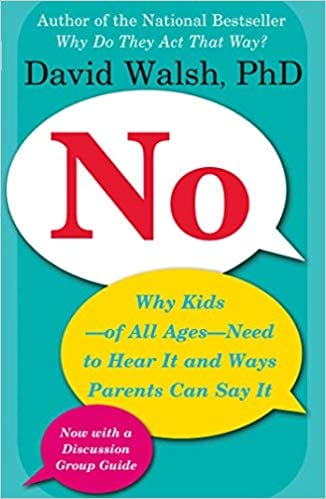



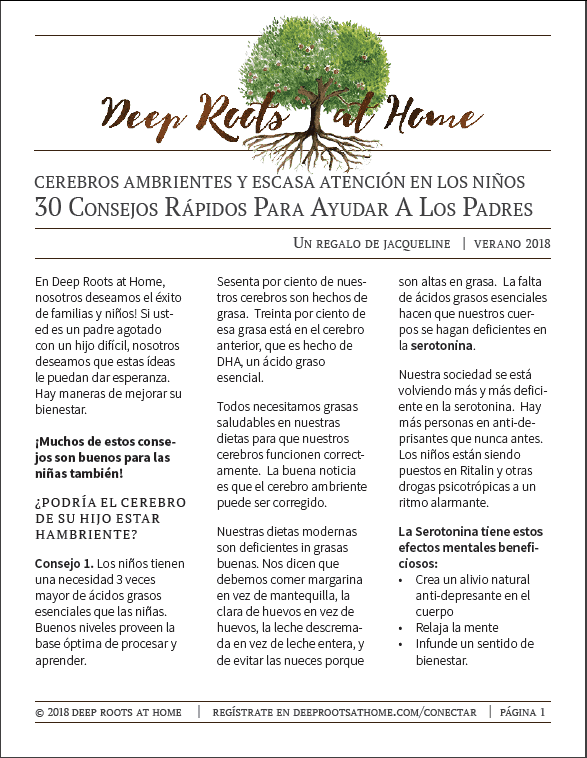

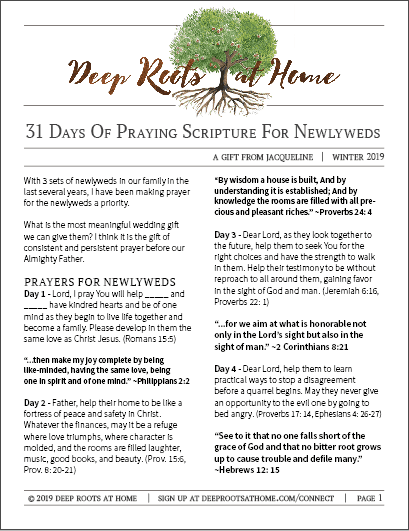

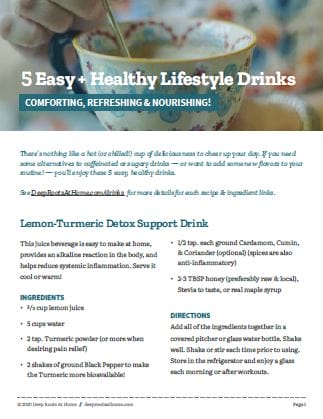




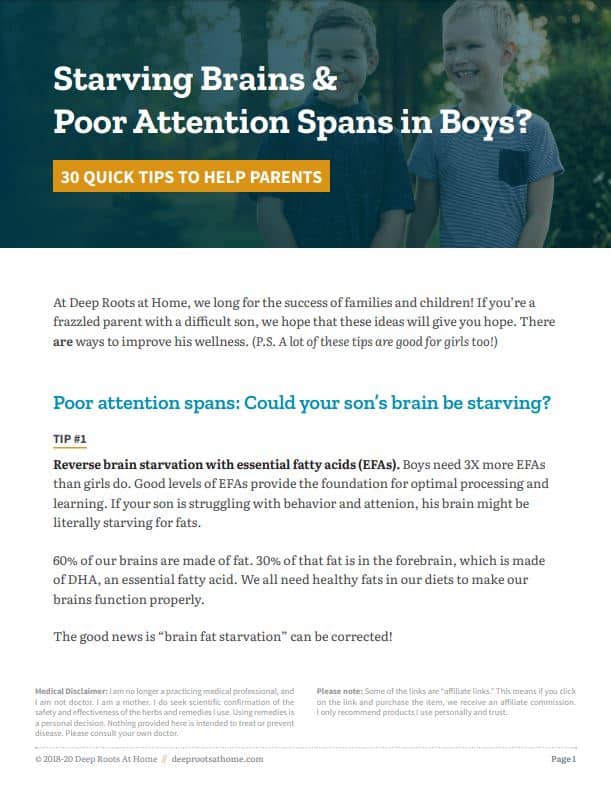


Related